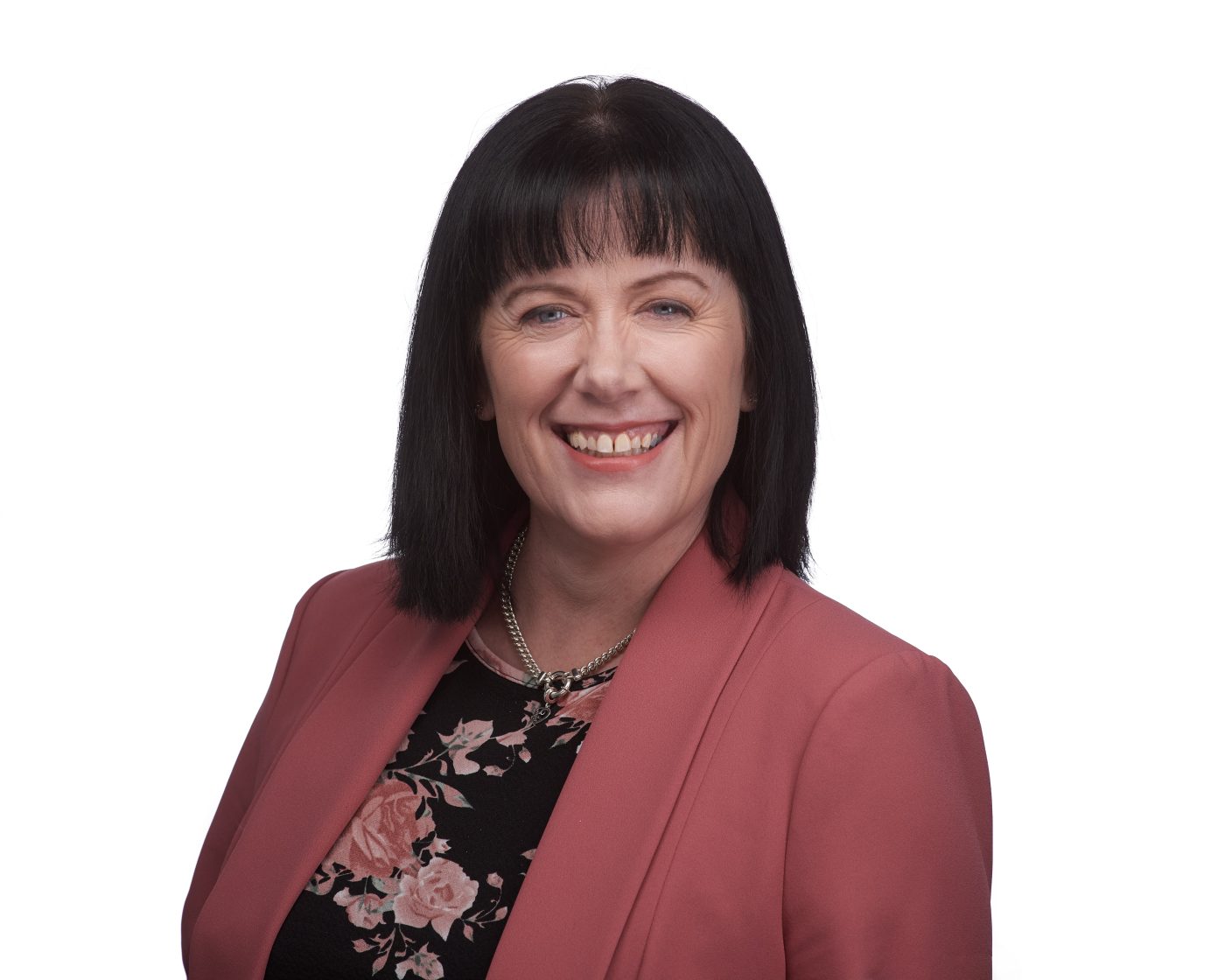
NATA’s lead accreditation specialist Donna-May Rattley explains why often, adaptability is more important than succeeding the first time.
It wasn’t until one of my girlfriends, a woman in her late 50’s, was offered a job at NASA that it hit home; it doesn’t matter how old you are in life, we can be anything we aspire to be. This spurred me on in my life.
This International Women and Girls in Science Day, I want to share my experience, in the desire that it may spark hope in others whose path, may not be like the headline-making early starters.
But first let me take you back.
I left school on my 15th birthday after not even completing 2nd year high school. I had always been interested in science (I was given my first microscope as a present when I was 9 years old) and have always kept that interest in science.
In my mid to late 20’s, I was working at a petrol station when I had a light bulb moment. I loved my job but knew I could do better and decided to return to school to obtain my High School Certificate (HSC). I didn’t have any role models but just knew that I wanted more for myself and my children.
So, in my late 20’s as a single full-time mum, I became a full-time student with a part-time job and hit the chemistry books in the evenings; and gained my HSC. I didn’t score enough to get into the forensic program; but was offered a position at Flinders University to do a Bachelor of Science.
A friend who I met whilst completing my HSC was also accepted into Flinders University and studied nanotechnology. She was offered a position with NASA and didn’t hesitate to head to Florida with her family. We lost contact but her story inspired me in my own career.
At university and despite my tutors giving me little chance of gaining a career in the field I love; through self-belief, hard work, and enough credits and distinctions in my degree, I successfully transferred into the forensics program, my first love.
I studied hard, worked harder, volunteered for five years and got noticed. When a position finally opened up with the South Australian Police (SAPOL), the Officer in Charge contacted me. Fast forward 11 years; the Victorian Police (VICPOL) received funding to recruit Forensic Experts from around the country to quiz new recruits on the jurisdictional difference between states and countries and I was one of 10 Forensic Experts selected.
From a high school drop-out to being recruited by VICPOL, it was truly humbling. I feel fortunate to be able to say that I am one of approximately 20 Certified Forensic Experts in Australia certified both nationally and internationally.
After 16 years, I decided to move away from crime scene investigations and focus more on quality. It was a natural progression to join the National Association of Testing Authorities (NATA). I now specialise in accreditation and for the past four years I have been able to sit on Standards Australia Committees with managers of state forensic laboratories.
My extensive knowledge and skills in forensic science have not been forgotten or ignored. NATA has given me even more opportunities in forensic science, and while I may not be a first responder anymore, my role with NATA is just as important to the end result.
I continue to be involved in making a difference in forensic science. I help define new standards within the world of forensics and I get the chance to visit laboratories to ensure they are doing what they have stated.
The wonderful world of accreditation with NATA and Australia’s technical infrastructure, is something many people don’t know about, yet it’s the invisible safety net for all Australians.
Your chance is now!
Being open and taking any opportunity offered would be my advice for those starting out. Be willing to work from the ground up and go through the ranks. If you have confidence in yourself and the work you do, trust in the process and it will bring the results you want.
It’s up to us in the world of science to celebrate and share personal stories to inspire the next generation. I hope mine can also offer reassurance that it’s not always those who get it right first time that succeed, but those who are committed to excel.
Never give up, you can achieve anything if you want it enough.
